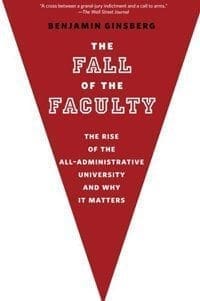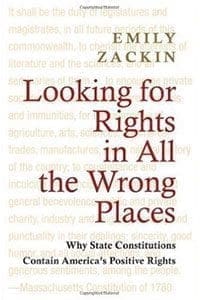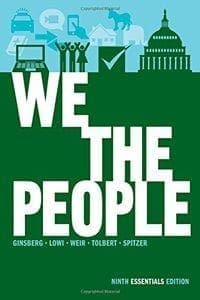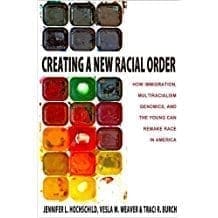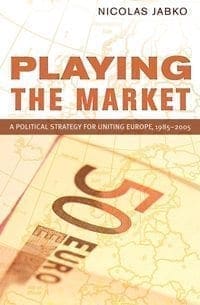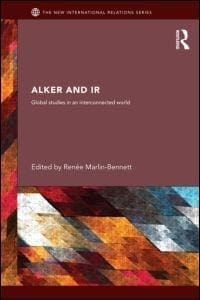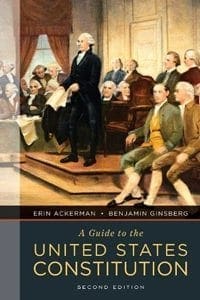Until very recently, American universities were led mainly by their faculties, which viewed intellectual production and pedagogy as the core missions of higher education. Today, as Benjamin Ginsberg warns in […]
Unlike many national constitutions, which contain explicit positive rights to such things as education, a living wage, and a healthful environment, the U.S. Bill of Rights appears to contain only […]
One of the most common assumptions about World War II is that the Jews did not actively or effectively resist their own extermination at the hands of the Nazis. In […]
Why did colonial subjects mobilize for national independence from the French empire? This question has rarely been posed because the answer appears obvious: in the modern era, nationalism was bound […]
We the People is the best text for showing students that politics is relevant to their lives and that political participation matters—especially in the digital age. Based on the full-length text, […]
The American racial order—the beliefs and practices that organize relationships among the nation’s many races and ethnicities—is undergoing its greatest transformation since the 1960s. Creating a New Racial Order takes a groundbreaking […]
While many developed countries are concerned with the transfer of post-war immigrants, Japan’s response to immigration from before the war continues to be a challenge. Based on interviews with Tokyo, […]
In the 1980s and 1990s, Nicolas Jabko suggests, the character of European integration altered radically, from slow growth to what he terms a “quiet revolution.” In Playing the Market, he traces […]
International Relations have rarely been considered a synthesis of humanistic and social sciences approaches to understand the complex connections of a global, and globalizing, world. One of the few scholars […]
In lively prose, Professors Ackerman and Ginsberg explain the origins of each constitutional provision, assess the ways in which each has been used and interpreted over time, and examine the […]
